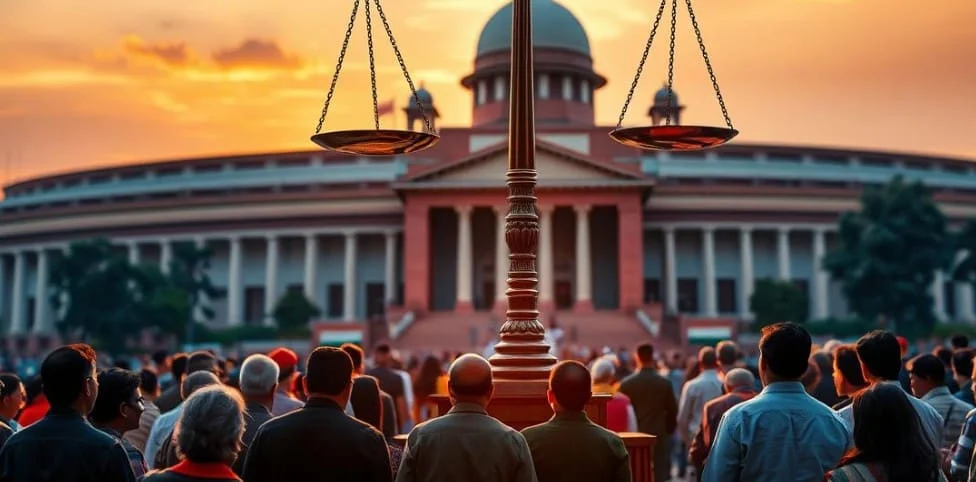Government exams in India often test awareness of current affairs and important appointments. These updates reflect leadership changes and the people behind major decisions. Missing out on them can affect a candidate’s overall score. Let’s explore why practicing this topic deserves serious attention.
Importance of Government Appointments in Exams
Knowledge of recent appointments in India is a common part of general awareness sections. These questions are frequently asked in exams like UPSC, SSC, banking, and defense services. Appointments often cover various fields, including ministries, public sector units, constitutional bodies, and international roles held by Indian officials. Being aware of these changes helps in understanding the structure and functioning of governance. This kind of information reflects how closely one follows national developments.
Each appointment reflects a shift in authority, policy direction, or strategic planning. For instance, a new RBI governor or cabinet minister can influence major national policies. Learning these regularly prevents last-minute stress before exams. Practicing with updated materials online further strengthens recall and helps in staying aligned with current exam patterns.
Which Appointments to Focus On
Not all appointments are equally important for competitive exams. Understanding which ones matter can make preparation smarter and more focused. Here are the key categories to follow:
- Top constitutional positions like President, Vice President, Governors, and Chief Justices
- Cabinet ministers and changes in portfolios
- Heads of major public sector enterprises and regulatory bodies
- Ambassadors and Indian representatives to international organizations
- Chiefs of defense forces and national agencies like CBI, ED, and RBI
- State-level key roles such as Chief Ministers and Chief Secretaries
- Global roles given to Indian professionals
Tracking these categories ensures coverage of the most expected questions. They appear frequently and are usually scored with no room for confusion.
Improving Retention Through Regular Updates
Following appointment news daily builds long-term memory. Reading once and trying to recall weeks later rarely works. Short, consistent revision is far more effective. Flashcards, one-liner summaries, and monthly capsules are great for recall. These tools make it easier to link names with positions and timelines. Regular quizzes and practicing online mock tests also help identify weak spots that need revision.
Making this a weekly habit keeps the mind refreshed with current updates. Following government news through trusted sources is another smart way. When names and roles are seen repeatedly in headlines, they stay in memory longer. Creating a small notebook to record updates in one place is also helpful. Consistency makes all the difference over time.
Keeping a Monthly Record Strengthens Long-Term Memory
Maintaining a monthly record of important appointments can make preparation more organized and stress-free. Instead of trying to memorize everything at once, breaking updates into monthly segments improves focus and recall. Many aspirants in India follow this method to avoid information overload.
It also helps in quick revisions before exams, as all relevant names and roles are compiled in one place. Reviewing these notes regularly strengthens long-term memory and boosts confidence. A simple digital pdfs or handwritten tracker works well for this purpose. This habit supports both static and current affairs preparation.
Checking Reputable Educational Online Platforms
With information overload, it’s important to choose the right source. A reliable educational platform offers filtered, exam-oriented data. Many trusted websites provide daily, weekly, and monthly compilations. These cover major changes in India’s administrative and political sectors. Some platforms also include quizzes, mock tests, and quick revision PDFs.
Look for platforms that regularly update their content and offer exam-specific material. The presence of one-liners, video explainers, and interactive tools adds more value. Following a single quality source also reduces confusion. India’s educational platforms play a big role in shaping focused preparation. Using their resources the right way can save both time and effort.
Staying current with key appointments is essential for competitive exam success. Knowledge of recent appointments in India ensures readiness across written tests and interviews. It strengthens general awareness and builds a sense of national engagement. With consistent effort and the right platform, mastering this topic becomes much easier.
